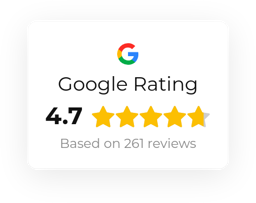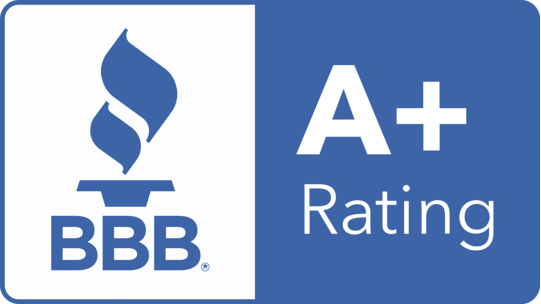Reducing Personal Liability: Is It Necessary to Put Your Rental Properties into an LLC?
Should You Have Your Rental Portfolio in an LLC?

As a landlord, one of the primary concerns is minimizing personal liability associated with owning rental properties. One strategy that many property owners consider is putting their rental properties into a Limited Liability Company (LLC). An LLC offers numerous advantages, including liability protection, tax benefits, and enhanced credibility. However, the question arises: is it necessary to establish an LLC if you only own one, two, or three homes? In this article, we will explore the benefits and considerations of putting your rental properties into an LLC and help you make an informed decision.
Understanding Limited Liability Companies (LLCs)
A Limited Liability Company (LLC) is a legal entity that separates personal assets from business assets, offering personal liability protection for owners. By establishing an LLC for your rental properties, you create a legal shield that can safeguard your personal assets from potential lawsuits, debts, or other liabilities associated with the rental property.
Reducing Personal Liability
One of the primary advantages of utilizing an LLC for rental properties is the reduction of personal liability. By separating your personal assets from your rental properties, you can shield yourself from legal actions, such as tenant lawsuits, property damage claims, or accidents that occur on the rental premises.
For instance, if a tenant were to slip and fall on the rental property and sue for damages, having an LLC in place would generally protect your personal assets from being seized to satisfy any potential judgments. Instead, the liability would typically be limited to the assets owned by the LLC itself, thereby preserving your personal financial security.
Tax Benefits and Flexibility
Another crucial aspect of using an LLC for rental properties is the potential tax benefits it offers. LLCs are considered "pass-through" entities, meaning that the income and losses from the rental properties are passed through to the owners and reported on their personal tax returns. This allows for greater flexibility in how rental income is managed and taxed.
For instance, an LLC can enable you to deduct various expenses related to the rental property, such as maintenance costs, repairs, property management fees, and even mortgage interest. This can potentially result in significant tax savings and can help maximize your return on investment.
Enhanced Credibility and Professionalism
Establishing an LLC for your rental properties can also enhance your credibility and professionalism as a landlord. Operating your rental business under an official legal entity demonstrates a commitment to conducting business responsibly and can provide reassurance to prospective tenants. It signals that you are serious about your rental operations, which can attract high-quality tenants and potentially increase your property's value in the eyes of lenders or investors.
Considerations for Owning One, Two, or Three Homes
While the benefits of using an LLC for rental properties are evident, the decision to establish one ultimately depends on your unique circumstances. If you own only one, two, or three rental homes, you may wonder if the effort and cost involved in forming an LLC are warranted.
Here are a few factors to consider:
Property Value and Risk: Assess the value of your properties and the level of risk associated with them. Generally, higher property values and increased exposure to risk justify the need for an LLC.
Insurance Coverage: Evaluate your insurance coverage for rental properties. Adequate insurance policies can provide a level of protection against potential liabilities, reducing the immediate need for an LLC.
Long-Term Goals: Consider your long-term goals as a landlord. If you plan to expand your rental portfolio or attract investors in the future, having an LLC in place can be advantageous for credibility and protection.
Conclusion
Putting your rental properties into an LLC offers numerous benefits, including personal liability protection, tax advantages, and enhanced professionalism. While the decision to establish an LLC for one, two, or three homes depends on various factors, it is crucial to evaluate the potential risks, property values, insurance coverage, and long-term goals.
Seeking professional advice from an attorney or tax professional is highly recommended before making any legal or financial decisions. By doing so, you can ensure that you make an informed choice and take the necessary steps to protect your personal assets while managing your rental properties efficiently.
Thinking you need to get your properties into an LLC? Revitalize Realty recommends a few attorneys in town that should be able to help. Give us a call and we'll get you in contact with the best around!
251-607-6008 | Revitalize Realty Office (Office Hours)
251-283-5638 | Schedule a Showing (24/7)
251-272-1406 | Emergency Repairs (After Hours)
- Mon - Fri
- -
- Sat - Sun
- Closed






























